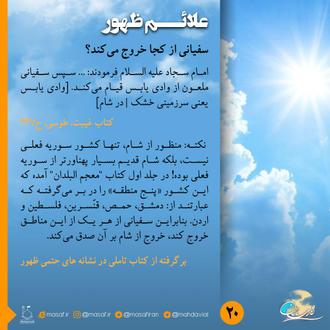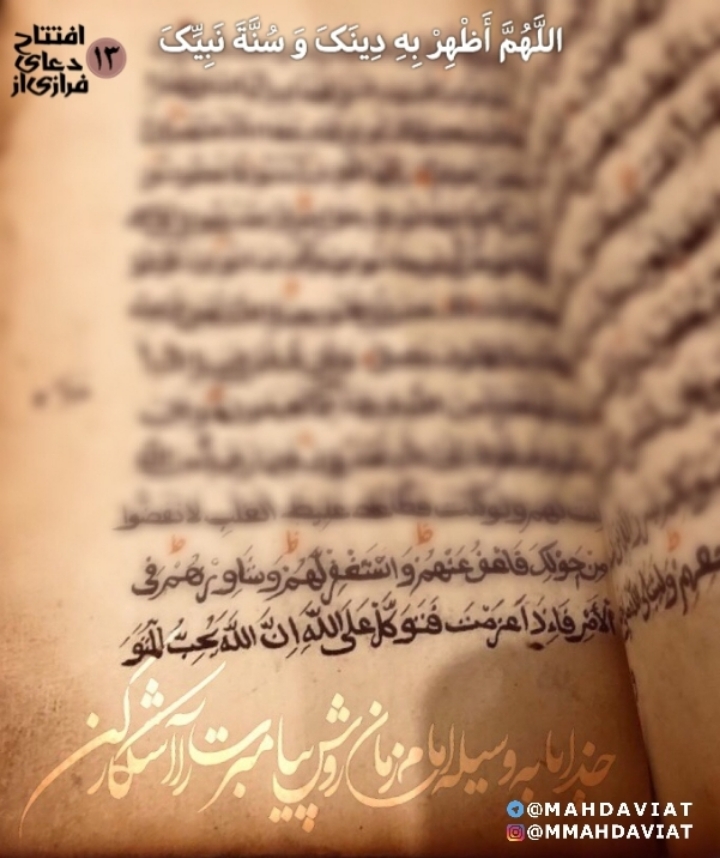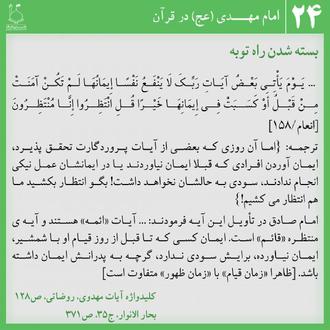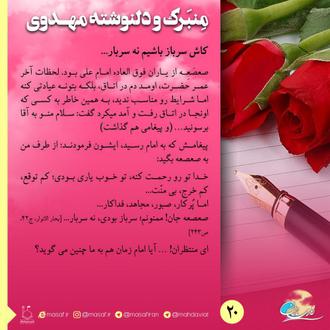The book of “Al-Ghayba al-Nu’mani”
This precious book is written by “Muhammad bin Ibrahim Nu’mani”. He is one of the greatest Shia narrators in the early fourth century A.H. (After Hijrah), a gifted writer with deduction power who has a comprehensive knowledge about science of Rijal (biographical evaluation of narrators) and Hadith (evaluation the integrity of narrations), Muhammad bin Yaqub Kuleyni’s (the author of Usul al-Kafi) student and he is so respectable and known among Shia scholars and Faqihs (Islamic jurisprudents). This book is undoubtedly one of the best books about narrations related to Imam Mahdi’s (PBUH) characteristics, Occultation and the Reappearance era and their features. All narrations are documented and the documents are valid and preferred by experts. (Mahdism textbook, v. 1, p. 59)
This book is one of most valid sources in Mahdism subjects especially the Occultation. (Ta zuhoor (till the Reappearance), Ayatollah Najm al-Din Tabasi, v. 2)
This is the oldest book among the books related to Imam Mahdi’s (PBUH) Occultation. Scholars like Sheikh al-Mufid and Sheikh al-Tusi have used this book and quoted its narrations. (Ayatollah Madani Bejestani, Farhang e kotob e hadithi e Shia (the encyclopedia of Shia Hadith books), v. 1)
The book of “Kamal al-Din and Tamam al-Nimeh”
The writer of this book, Sheikh al-Saduq, is one of the greatest persons in the Islamic world and one of the most outstanding and bright persons of knowledge and superiority who was born due to a prayer by Imam Mahdi (PBUH) (It’s a long story).
Sheikh al-Saduq writes in the beginning of his book: “In my dream, I saw I was circumambulating the Kaaba. In the seventh round I saw my master, Qa’im, standing at the door of Kaaba. I approached him with a heavy heart and a gloomy mood… I said: “Hello.” He answered and said: “Why don’t you write a book on the Occultation so that your sadness and sorrow goes away?” I said: “O son of the Messenger of Allah, I have already written about the Occultation.” He said: “Not that way; I now order you to write a book on the Occultation and mention the occultation of prophets in it.””
This book consists of 2 parts: 1. General subjects and comprehensive Hadiths about the occultations in previous nations and proving the fact that the Occultation of Imam Mahdi (PBUH) is not something new, but rather has a long history. 2. Subjects like: birth, Imamate, the Occultation and its reasons, visits, letters issued by Imam Mahdi (PBUH) and … . (Mahdism textbook, v. 1, p. 61)
Read the rest






